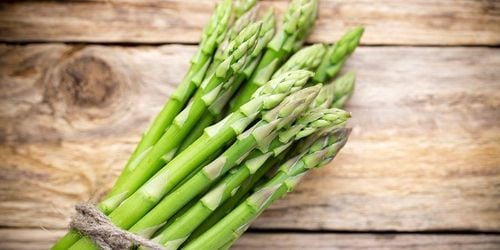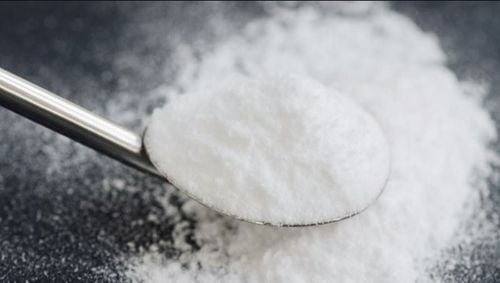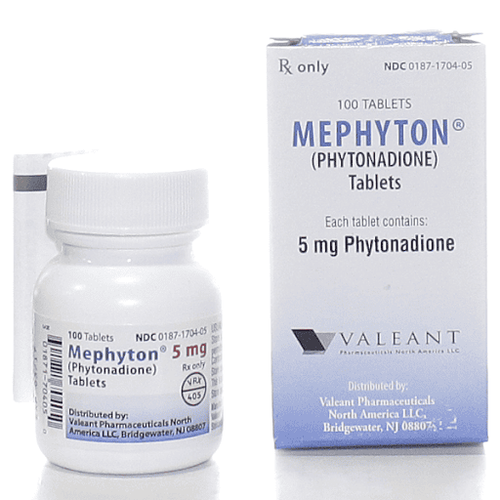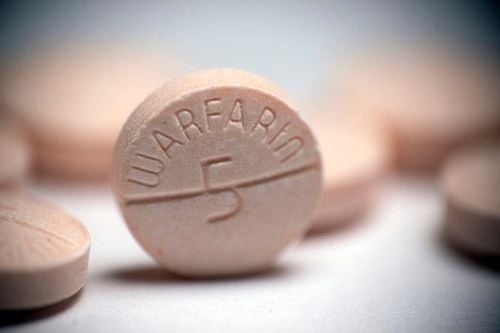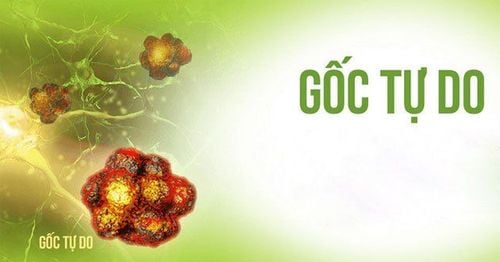This is an automatically translated article.
Asparagus has been studied for its diuretic, hypoglycemic, hypotensive, cholesterol-lowering, and antioxidant effects. So, what is Asparagus and how should it be used?
1. What is Asparagus?
Asparagus (Asparagus) scientifically known as Asparagus officinalis, is a perennial herb, unisexual, native to Europe and Asia is now widely cultivated. The leaves are scaly and the stem is erect, multi-branched, up to 3m tall. The aerial stems or spears arising from the rhizomes are used as a vegetable. The root has a fleshy taste and, to a lesser extent, is commonly used for medicinal purposes.
Asparagus can provide the body with a variety of vitamins, minerals, protein, fat, fiber, iron, zinc, riboflavin and vitamin K, especially containing many special antioxidants such as Flavonoid quercetin, Isorhamnetin and Kaempferol .
Asparagus root contains insulin and some fructo-oligosaccharides. Other components of the root are beta-sitosterol, steroid glycosides and steroid saponins.
Asparagus seeds contain large amounts of sodium hydroxide soluble polysaccharide, consisting of straight chains of beta-glucose and beta-mannose. The seeds also contain 3 ribosomal inactivation proteins at concentrations ranging from 8 to 400 mg per 100g of starting material. These proteins, with a molecular weight of about 30,000, have alkaline isoelectric points and inhibit protein synthesis in rabbit reticulocyte lysis assays.
2. Uses of Asparagus
2.1 Anti-cancer The anti-cancer effects of Asparagus officinalis were mainly observed on hepatocellular carcinoma cell lines. In addition, the bottom part of inedible asparagus caused inhibition of cancer cell viability in the breast, intestine and pancreas.
2.2 Antihypertensive effects Although data are weak on the hypotensive effects of Asparagus, it is thought that it may lower blood pressure through its diuretic and ACE-inhibitor effects.
2.3 Anti-inflammatory activity The anti-inflammatory effects of Asparagus against cyclooxygenase 2 have been studied in vitro (in vitro) and described in 2004.
2.4 Antioxidant activity Free radical scavenging antioxidant activity attributed to the phenolic content of Asparagus described in many studies.
2.5 Effects on the Central Nervous System In a rat model, Asparagus ameliorated scopolamine-induced cognitive decline. They also cause an increase in acetylcholine and inhibit the enzyme acetylcholinesterase.
Asparagus improves sleep quality , reduces stress , improves depression , anxiety
2.6 Blood cholesterol lowering effect In a study in rats with hypercholesterolemia , 5 weeks of treatment with Asparagus , part The fiber and flavonoid fraction of Asparagus produce cholesterol-lowering effects.
2.7 Hypoglycemic effect In a study of streptozotocin-induced diabetes in rats, an aqueous extract of the inedible root of Asparagus administered for 21 days was shown to reduce fasting blood glucose levels. However, it has also been associated with significant increases in body weight and liver glycogen levels.
3. How to Effectively Use Asparagus
There is not enough clinical evidence to provide Asparagus dosage recommendations. A maximum dose of 2,400 mg per day of dried Asparagus root (in divided doses) in combination with parsley (Asparagus-P) has been evaluated for its antihypertensive effect.
For medicines extracted from Asparagus , use according to the instructions will not appear dangerous to health.
According to research, if daily use more than 6g asparagus combined with parsley will appear stomach diseases or leg edema. If you are allergic to Asparagus (asparagus) do not use.
4. Precautions when using Asparagus
Asparagus is recognized as safe for human consumption. Avoid taking doses higher than those found in foods, as safety and efficacy have not been established.
Pregnant women need to be careful when using Asparagus, because it can cause endocrine disorders in the mother's body. Although the extract in Asparagus has fertility effects, it is actually the cause of hormonal imbalance in pregnant women.
Currently, there are not many studies proving the therapeutic effects of Asparagus in humans. Therefore, when using Asparagus for other than food purposes, it is necessary to consult a doctor.
Please dial HOTLINE for more information or register for an appointment HERE. Download MyVinmec app to make appointments faster and to manage your bookings easily.





